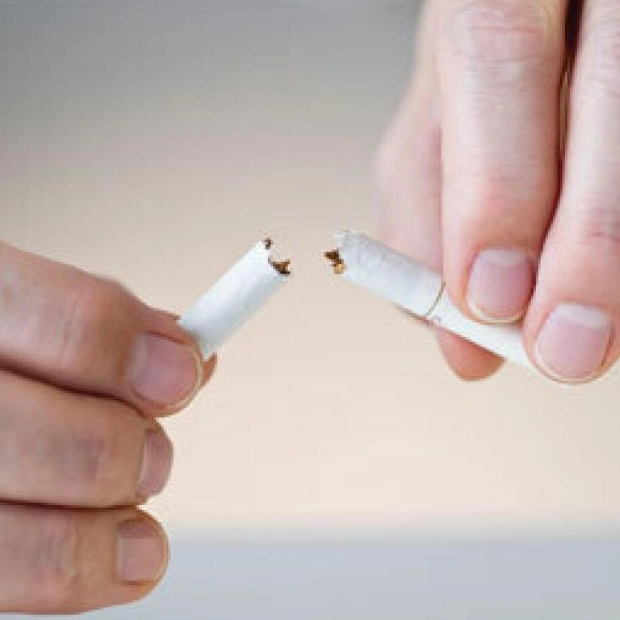Imagine the inability to sleep well, always feeling the need to scratch in public, and not being able to wear your preferred clothes, jewelry, or makeup. People living with eczema face these challenges, especially as summer approaches. Healthcare professionals are increasing awareness about this skin condition, which affects many residents in the UAE.
Eczema, also known as atopic dermatitis, can worsen with the onset of hot weather. It is a prevalent chronic skin condition that results in dry, red, itchy, and bumpy skin. According to Weqaya UAE, eczema significantly impacts the lives of at least 24% of adolescents and 11% of the adult population in the UAE. This chronic, immune-mediated disease can greatly affect a person's quality of life, sleep, mood, and psychological well-being.
Dr. Almoataz Soliman, a specialist dermatologist at CosmeSurge, explained, “Hot temperatures can exacerbate eczema. The heat can trigger an itchy, prickly sensation.” Although eczema is one of the most common skin conditions in the country, it is often overlooked, and its impact is usually underestimated, emphasized healthcare professionals.
Dr. Suresh Babu, a specialist dermatologist at Al Zahra Hospital Dubai, noted that rising temperature and humidity can lead to sweating, which may worsen eczema. Additionally, healthcare professionals highlighted that air conditioning can contribute to skin dryness. Dr. Hala Abdalla Hasan Amer, specialist dermatologist at Burjeel Royal Asharej, Al Ain, mentioned that spending time in swimming pools can expose the skin to irritants like chlorine, sand, and saltwater, which can trigger eczema.
Doctors stressed the different types of eczema and the common signs to watch out for, including redness, burning sensation, and extreme dryness on the skin. They also highlighted that in high temperatures, frequent showers and increased usage of shower gels and soaps can cause dry skin, leading to itchiness and eventually developing into eczema.
While there is no complete cure for eczema, doctors recommend patients to avoid scratching the rash or skin, relieve the itch by using moisturizers or topical steroids, keep fingernails cut short, lubricate or moisturize the skin two to three times a day, and avoid anything that worsens symptoms.






